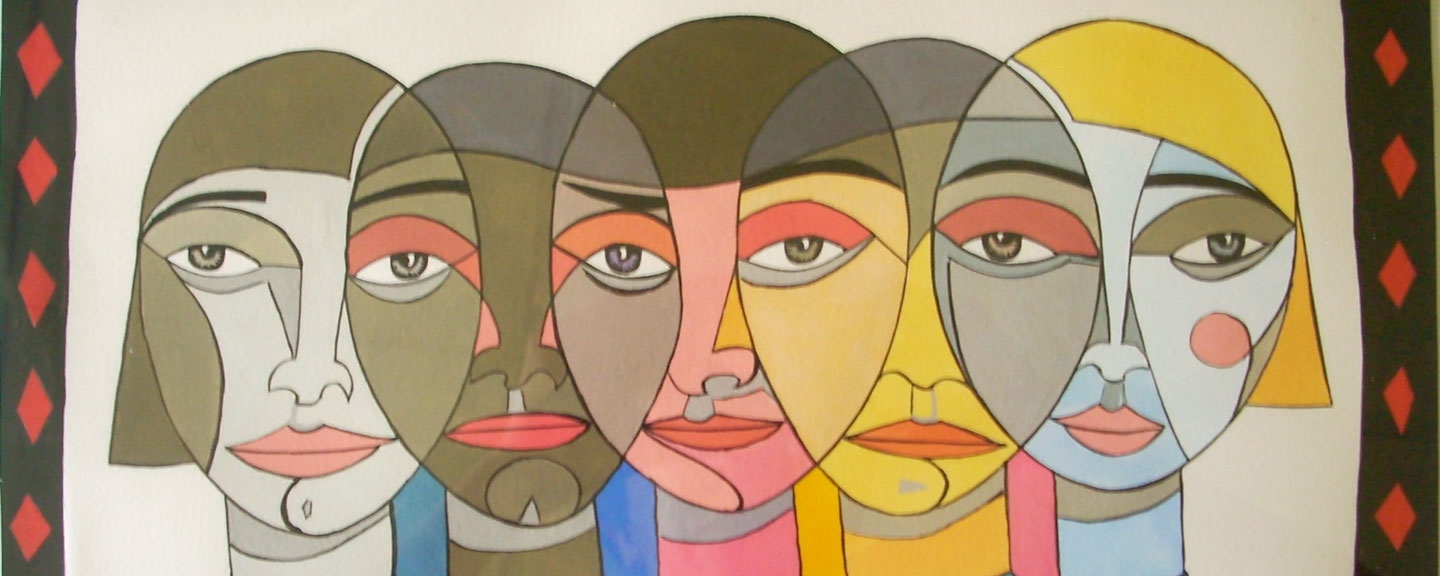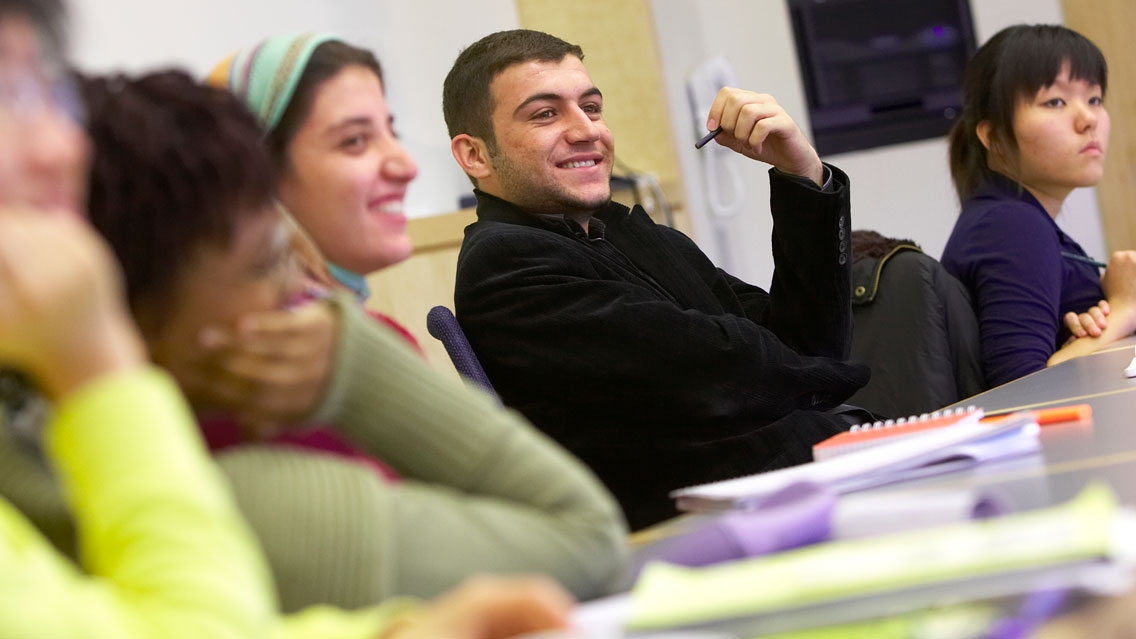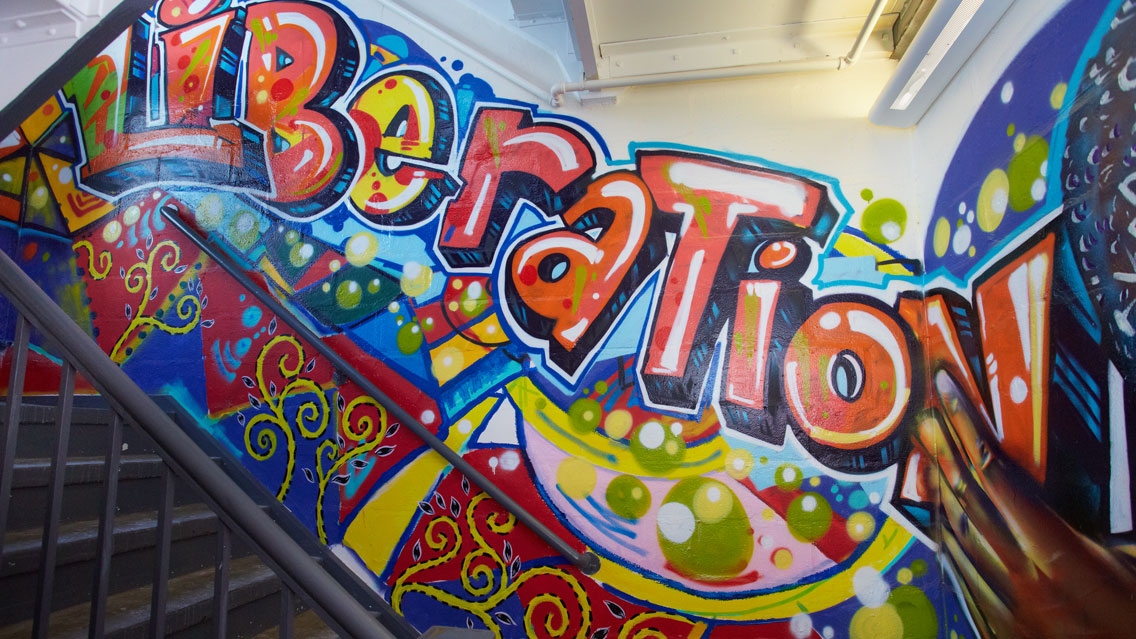
The Center for the Comparative Study of Race and Ethnicity is Middlebury’s central hub for interdisciplinary and critical research and pedagogy on race and ethnicity.
As an academic resource, the Center for the Comparative Study of Race and Ethnicity (CCSRE) promotes scholarship that considers race and ethnicity as intersecting with class, gender, sexuality, religion, age, dis/ability, language, communication, migration, and the environment. Work supported by the center situates these discussions in local, regional, global, and transnational contexts.

Interdisciplinary Approach
The CCSRE draws on Middlebury’s expertise in international studies, environmental studies, and language and communication to support critical inquiry on race, ethnicity, and diversity. Programming includes reading groups, formal and informal presentations, workshops, symposia, film series, and research initiatives.
Working closely with those who promote diversity, equity, and inclusion at Middlebury, we foster curricular and professional development around race, ethnicity, and diversity.

By critically interrogating the ubiquitous and complex impacts of racism, ethnocentrism, and racializing processes, the CCSRE’s work is geared toward challenging and dismantling structures of power and systems of inequity while democratizing knowledge and knowledge production. The scope of this work traverses historical periods and disciplines, as well as local, regional, national, transnational, and global contexts.
The CCSRE supports faculty work on race and ethnicity and offers students and the broader Middlebury College community an array of resources and programming including lectures, workshops, a database of related courses, informal discussions, and events. Additionally, the center provides faculty development opportunities around research and teaching, including faculty lecture series and research funding, as well as pedagogy and course development grants designed to address matters of equity in the classroom and to integrate course content aimed at centering previously marginalized knowledges and experiences.

